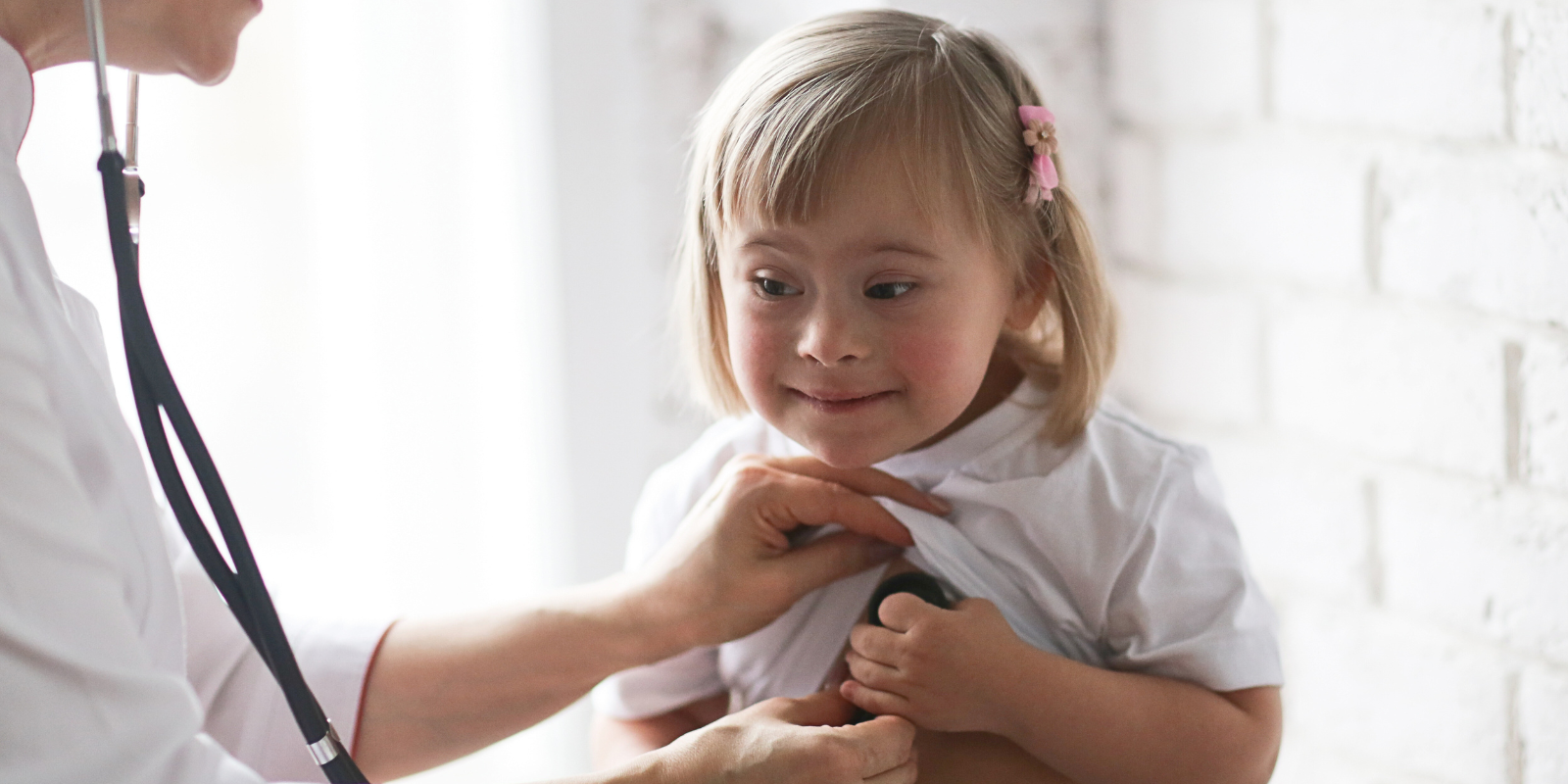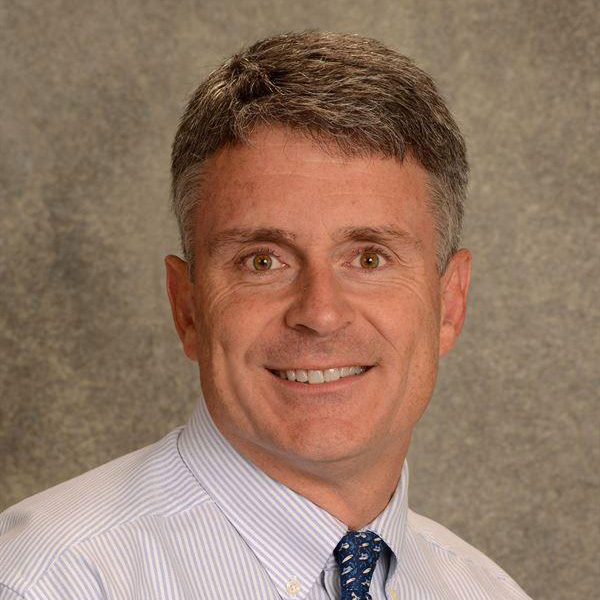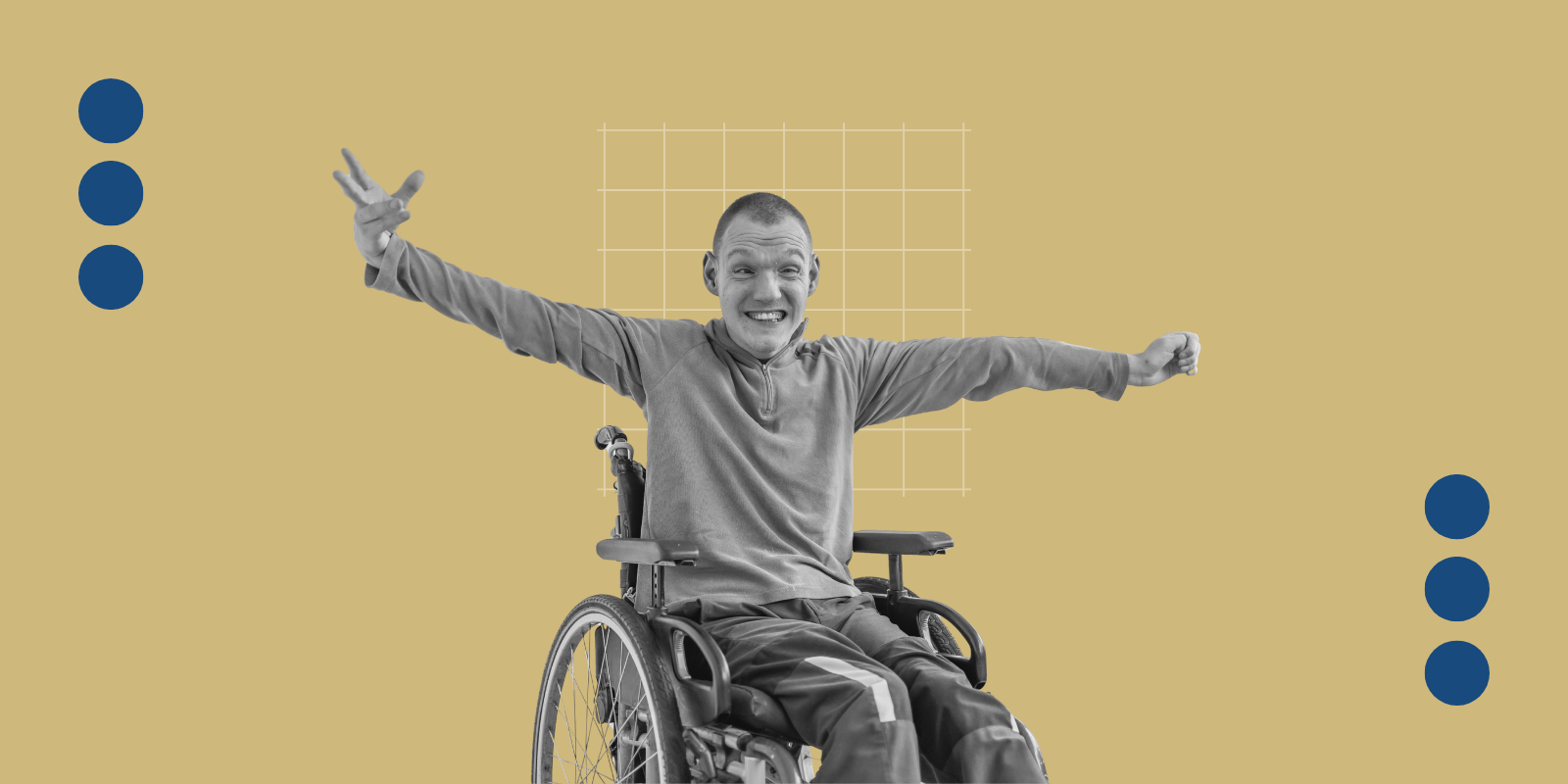More than one in five children in the U.S. have special health care needs. These children and youth are at increased risk for chronic physical or developmental conditions that may require health related services beyond what is needed by children generally.
Christopher Stille, MD, professor of pediatrics and section head of general academic pediatrics, has spent his 30-year career providing primary care for well children in addition to children with special health care needs.
“While I was in private practice in the mid-1990s, I was always interested in research that could be done in the office setting to make care better for kids,” Stille says. “Once in the community, I noticed that it was much more difficult for me to work with the specialists I had known when I was a resident.”
The difficulty in care coordination spurred one of his main academic interests.
Stille worked with the national Pediatric Research in Office Settings (PROS) network before moving to Colorado, where he founded the Colorado Children’s Outcomes Network (COCONet), currently led by Sean O’Leary, MD, MPH, professor of pediatrics.
He continued his passion for forming research partnerships between health systems researchers, practitioners, and families by founding the Children and Youth with Special Health Care Needs National Research Network (CYSHCNet).
Research to improve care coordination
Stille has been an investigator with the Adult and Child Center for Outcomes Research and Delivery Science (ACCORDS) since 2010 and shares his time between clinical care, administration, and health services research.
He works on several projects related to improving coordination of care between primary care clinicians, subspecialists, and family members. His research uses the Medical Home model of care, which is a comprehensive, patient-centered approach to primary care.
ACCORDS investigators, Mónica Pérez Jolles, PhD, MA, and Kristina Malik, MD, associate professors of pediatrics, are collaborating with Stille on a grant proposal related to the Medical Home model of care for children with complex needs.
Stille is also working on projects to evaluate and make recommendations for measurement of quality of life in children and youth, particularly those with complex needs. Families feel that many aspects of existing quality-of-life measures don’t apply to children who are with complex needs; for example, the ability to walk a distance may not be important for a child who has mobility in other ways.
Reviews of these existing quality-of-life measures are examining the gaps between what the measures are and what families and other stakeholders have told researchers are important elements of quality of life.
Stille and colleagues will present three abstracts on their quality-of-life work at the Pediatric Academic Societies meeting in April.
A network of support
The Children and Youth with Special Health Care Needs National Research Network (CYSHCNet) is based at the University of Colorado School of Medicine and is comprised of 18 partner sites across the country, mostly at large children’s hospitals.
Family Voices, a nonprofit that connects family-led organizations across the U.S. to provide support to families of children with special health care needs, is a national partner.
“We've done a lot of work addressing the issue that health systems research for kids with complex needs hasn't been well-coordinated,” Stille says. “To make research generalizable, you need larger populations over larger geographic areas, so the research network tackles that national level coordination.”
Now in its eighth year, CYSHCNet is funded by the Health Resources and Services Administration’s Maternal and Child Health Bureau (MCHB) to research health systems that support children with special care needs, their families, and providers.
In partnership with MCHB, Stille and his colleagues were tasked initially with creating a national research agenda for children with special health care needs.
Researchers, families, clinicians, and policy makers examined over 300 topics and placed them into six areas of focus. These include the social determinants of health, caregiving in the home, telehealth, and more.
These research topics continue to inform and guide CYSHCN investigators and stakeholders in the process. Stille and his colleagues are currently conducting research on multiple projects that follow the agenda.
Growing the field
The research network also has a goal of bringing new investigators into this field.
The Emerging Investigator Guided Research Program funds three junior faculty each year for a one-year, mentored, family-partnered research program.
“This is one of the things I'm most proud of. We’ve been able to bring up a lot of junior investigators, and almost all of them are still doing work in the field, even years after they finish the program,” Stille says.
Two recent Emerging Investigator participants have been from the University of Colorado Anschutz Medical Campus: Kristina Malik, MD, ACCORDS SCORE Fellowship graduate, completed the program last year, and Verenea Serrano, PhD, assistant professor of psychiatry, completed the program in 2021.
As the network brings more researchers into the field, Stille credits ACCORDS for being a leader in health systems research for children and youth with special health care needs.
“We are fortunate to have Jamie Feinstein, Kristin Jensen, Mónica Pérez Jolles, and others as part of our core faculty. Most of our partner sites have one or two investigators who do work on health systems for CYSHCN,” Stille says. “ACCORDS is a resource that doesn’t exist at other institutions.”
Stille’s career-long interest in the primary-specialty care interface can be simplified into any research that helps systems get better for children and families. He emphasizes the importance of family involvement in all aspects of this work.
“Help families become your partners. Not only are they great partners in care, but they're great partners in research,” Stille says. “They make research questions, methods, and conclusions more relevant. That has been a great joy that I've experienced during my research career.”




